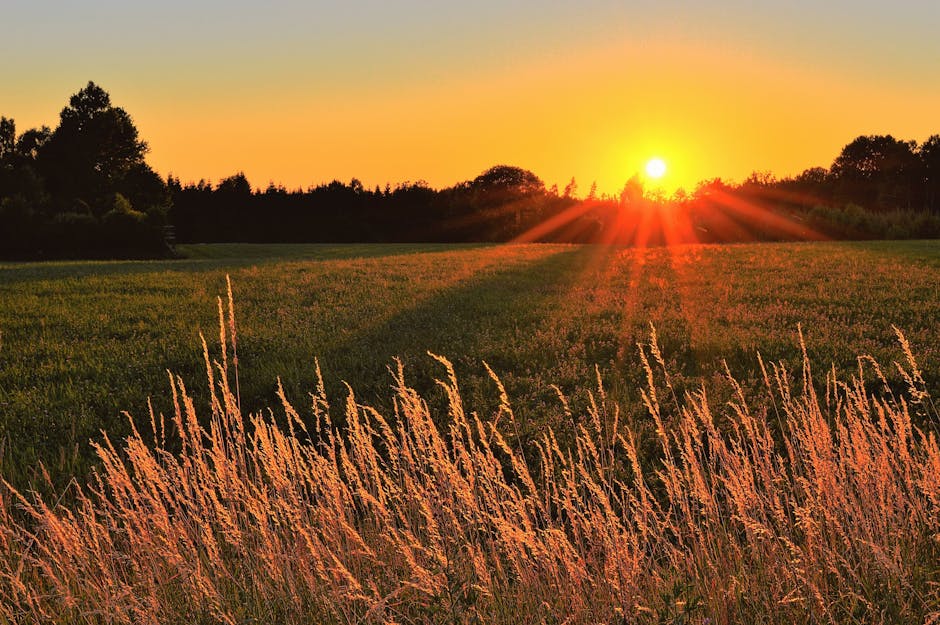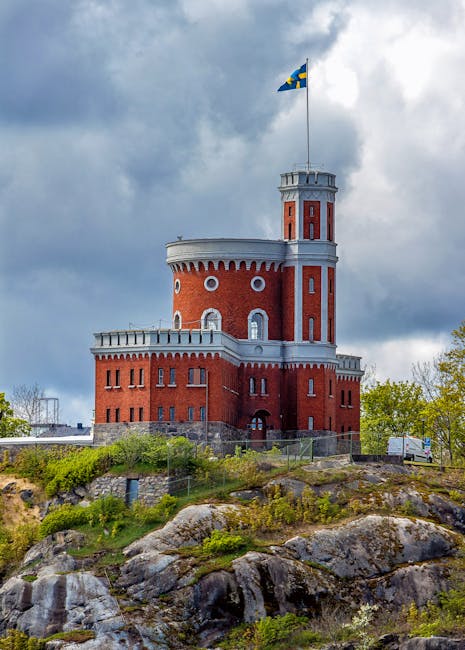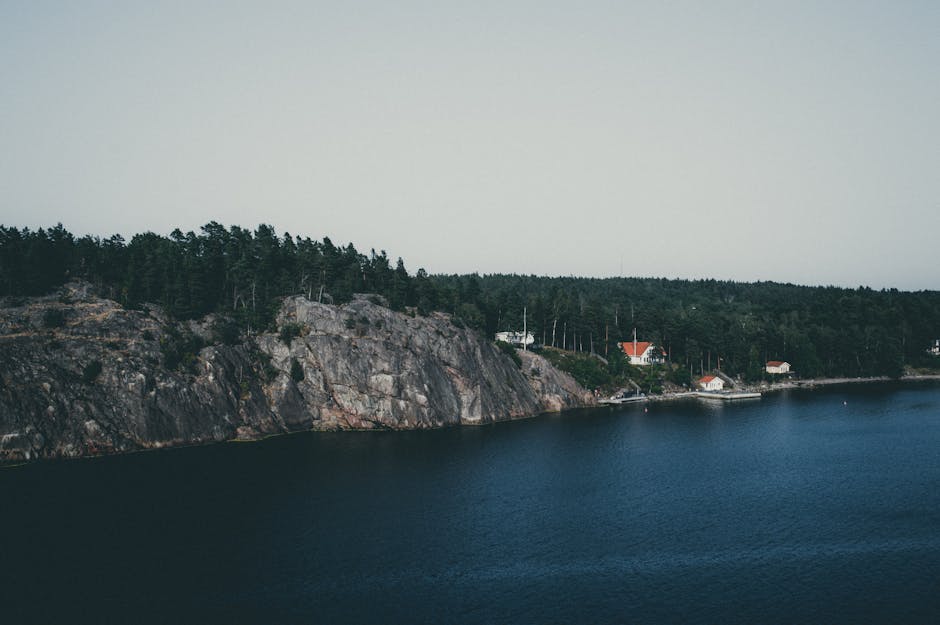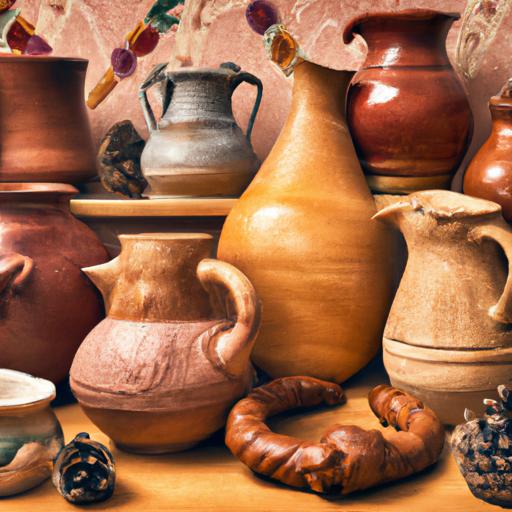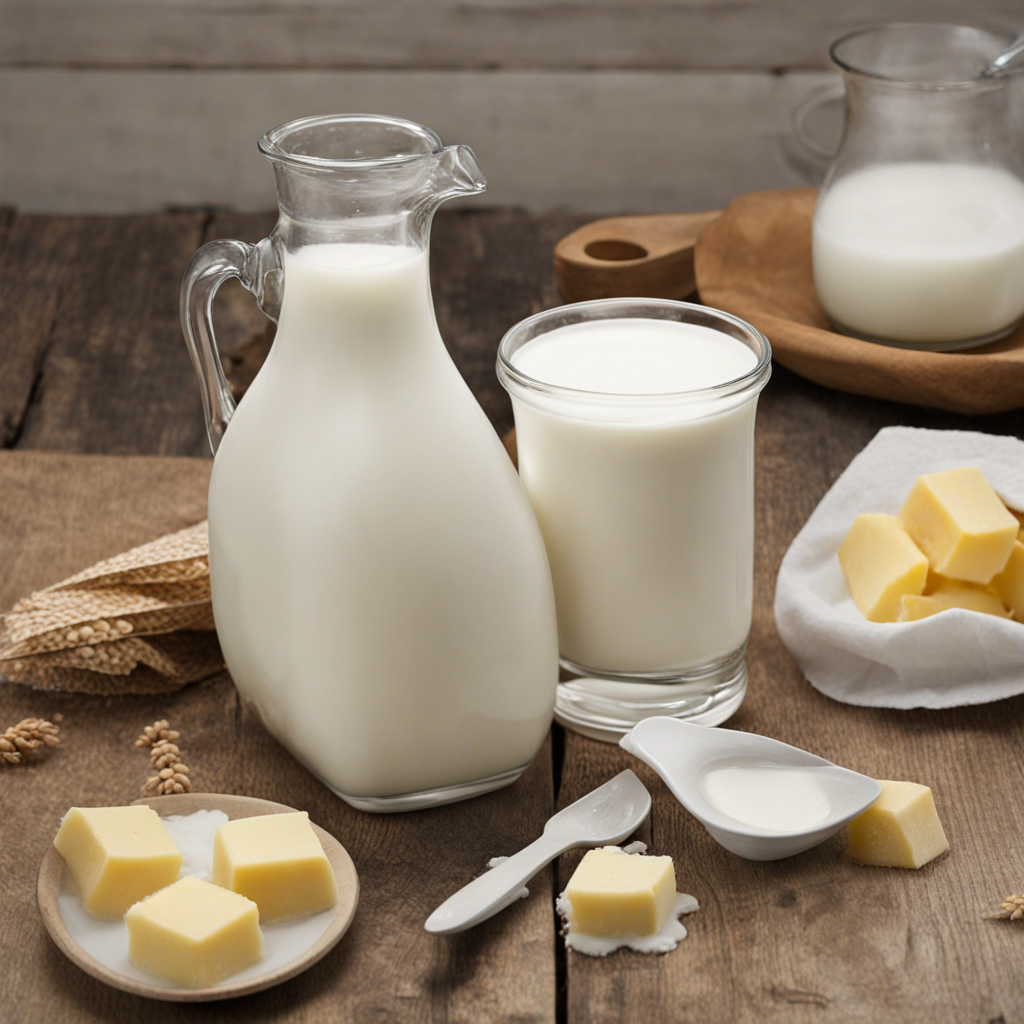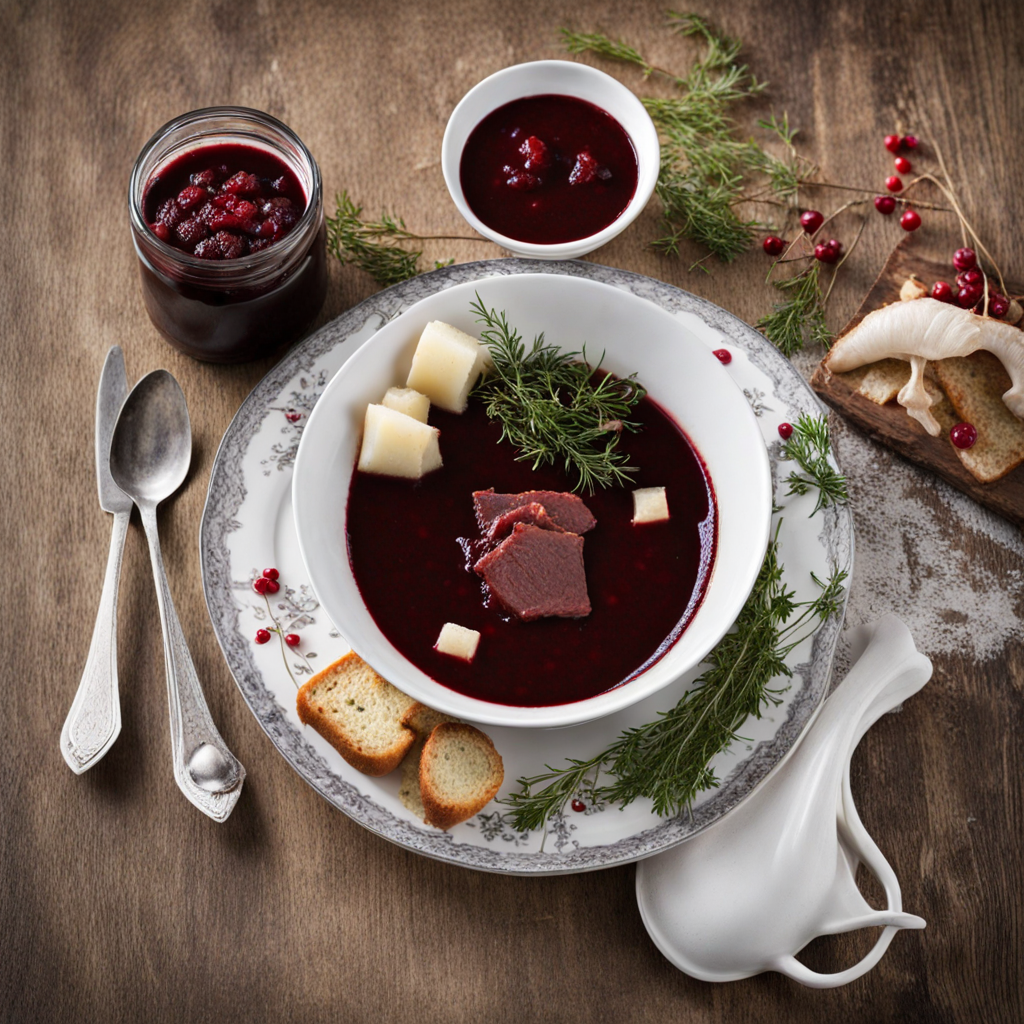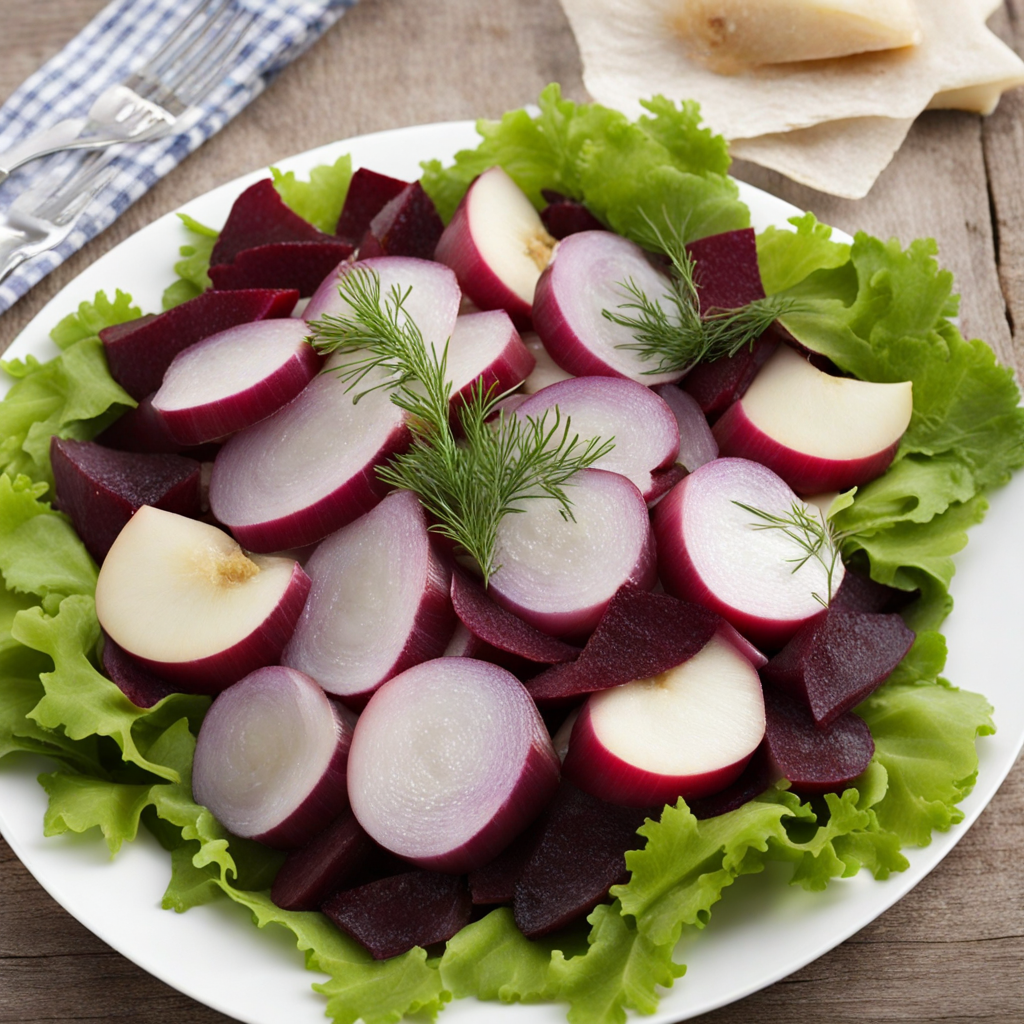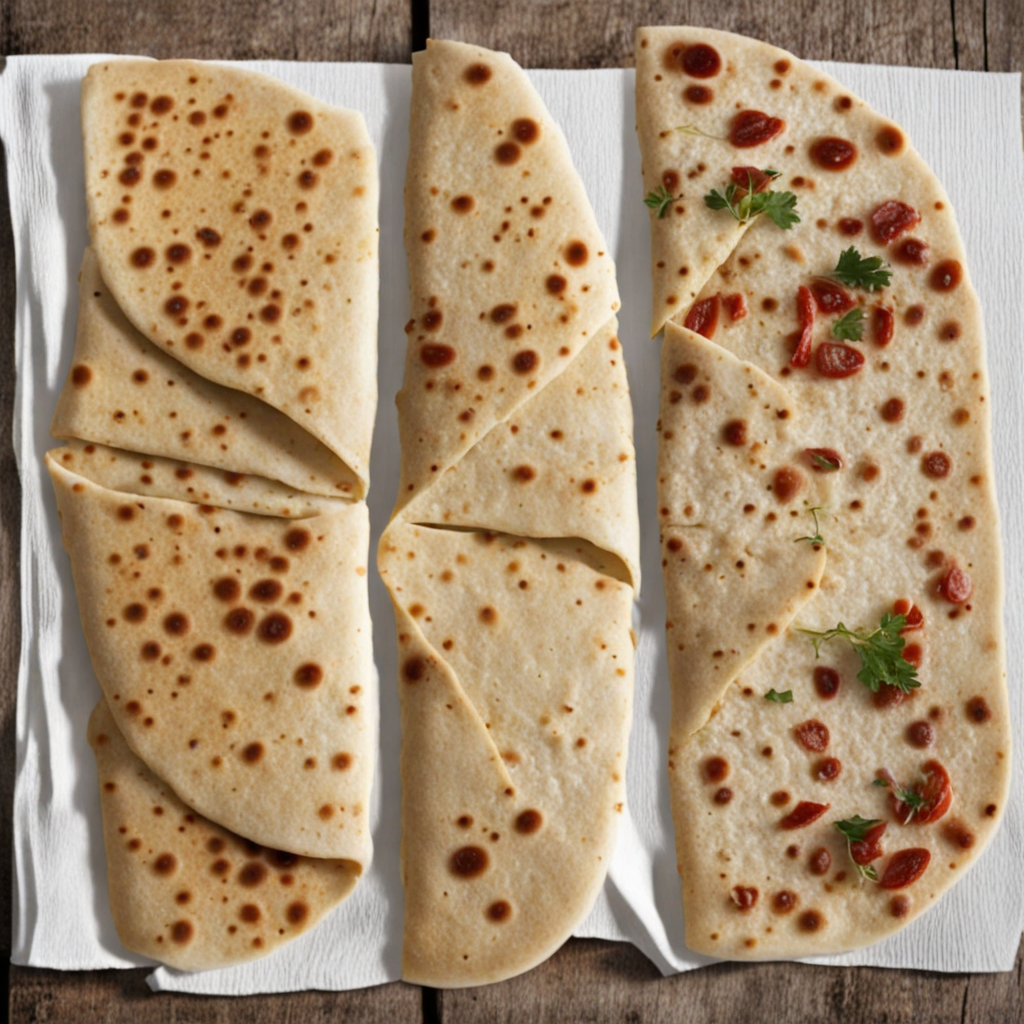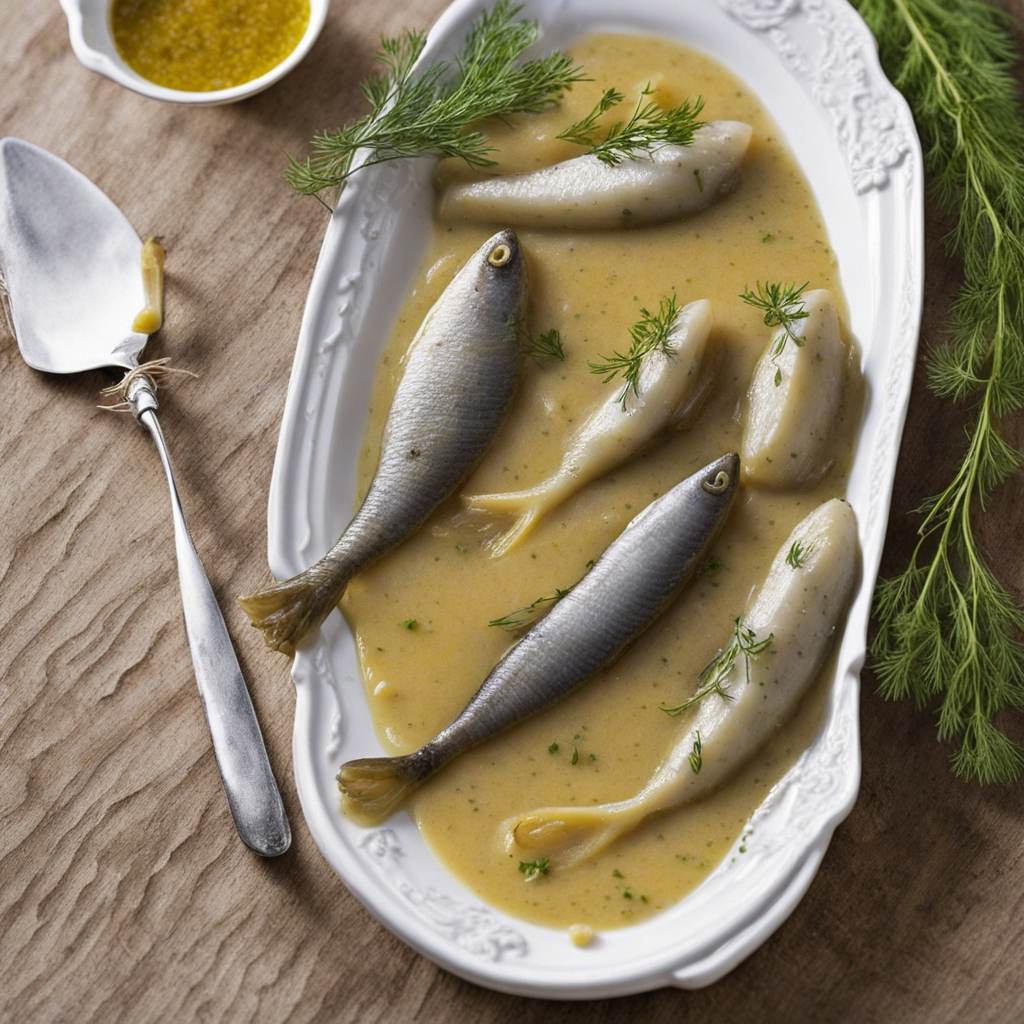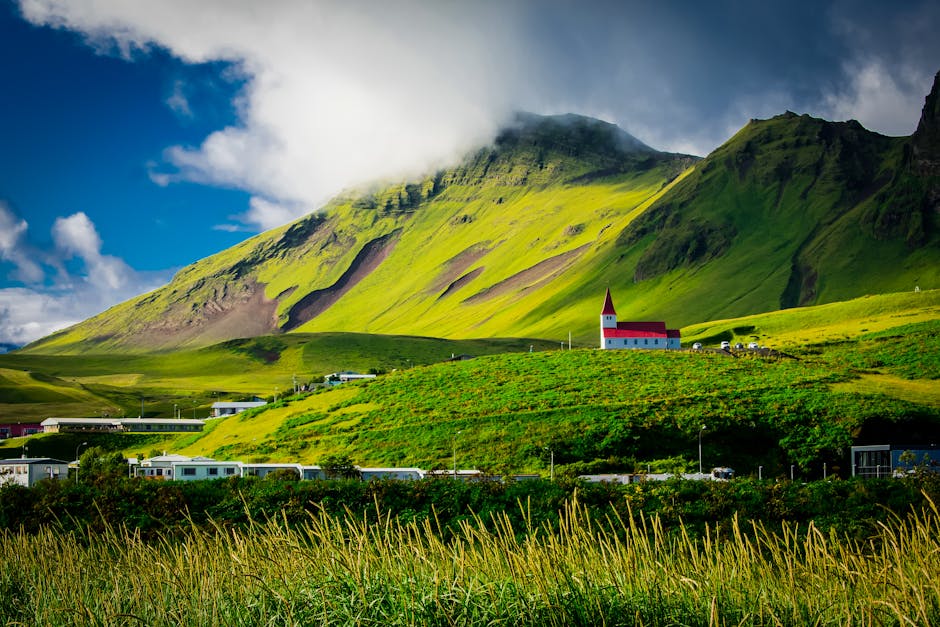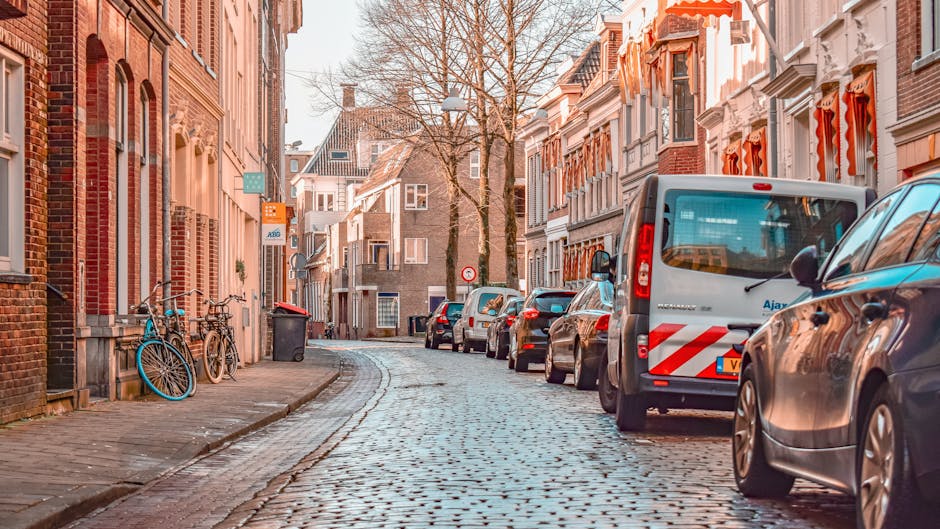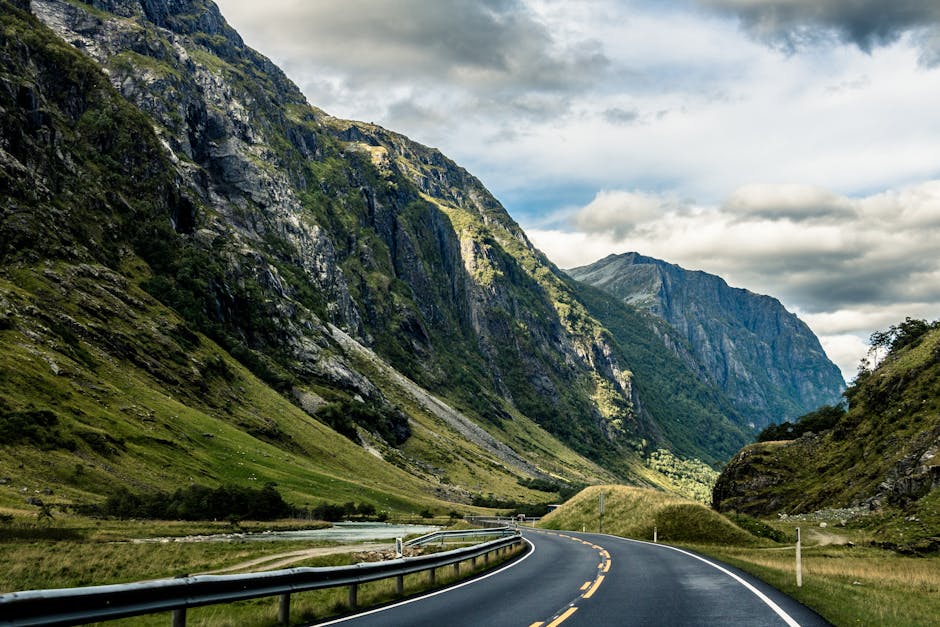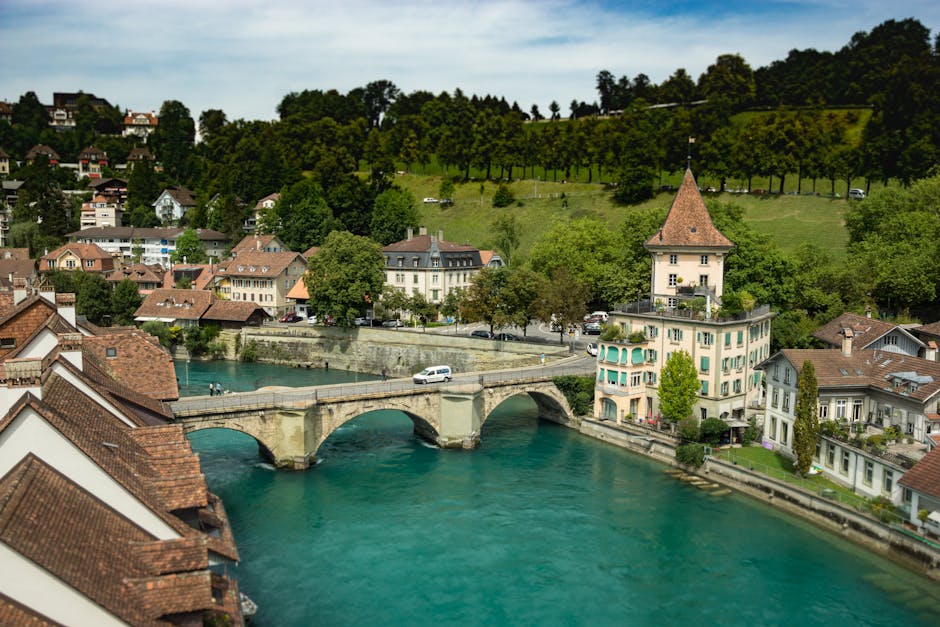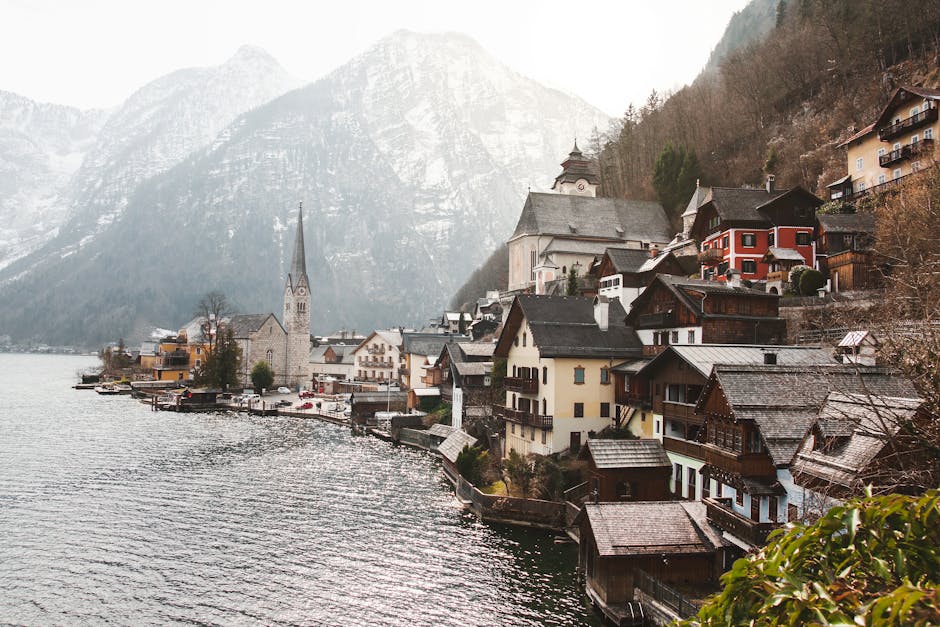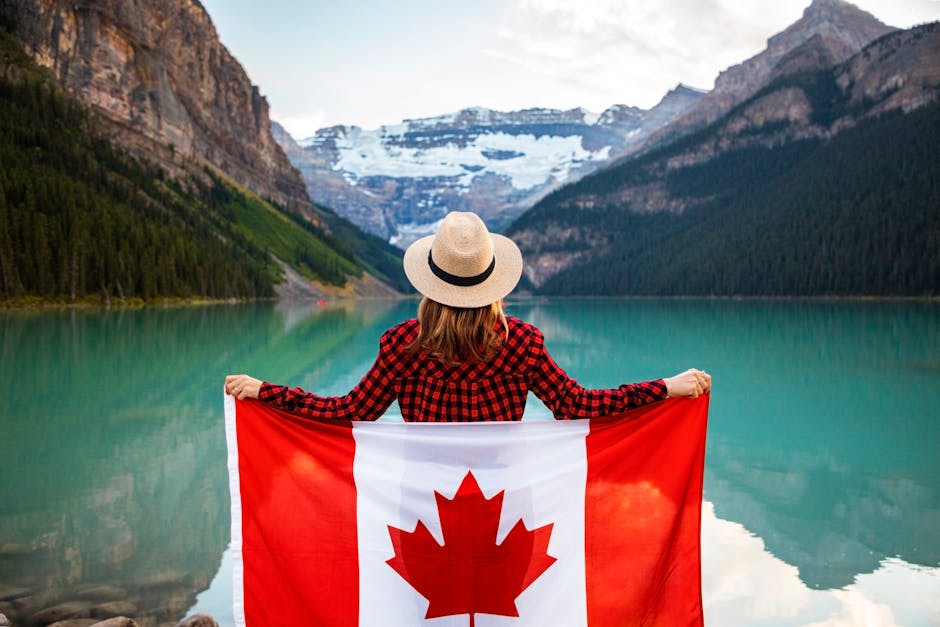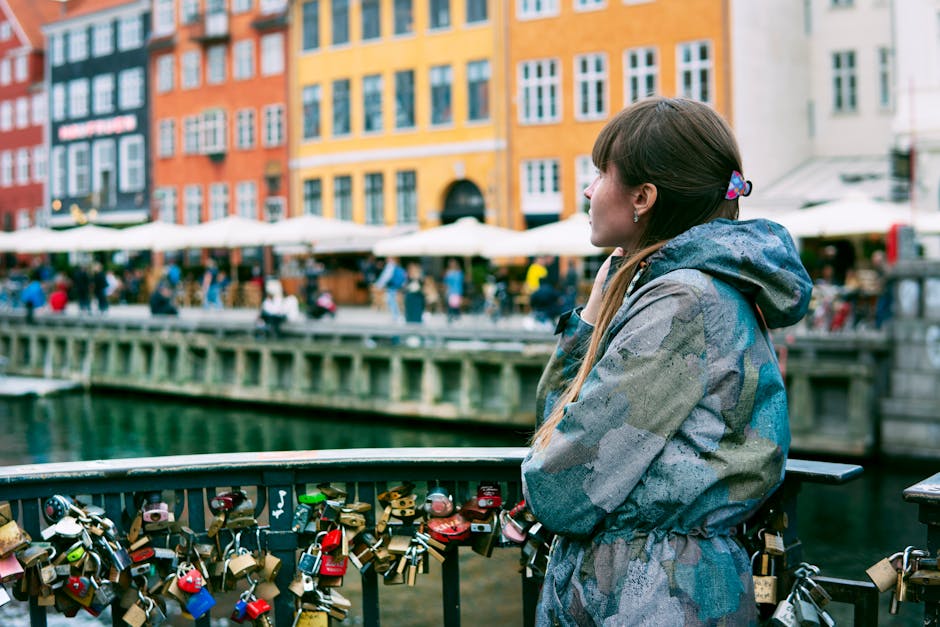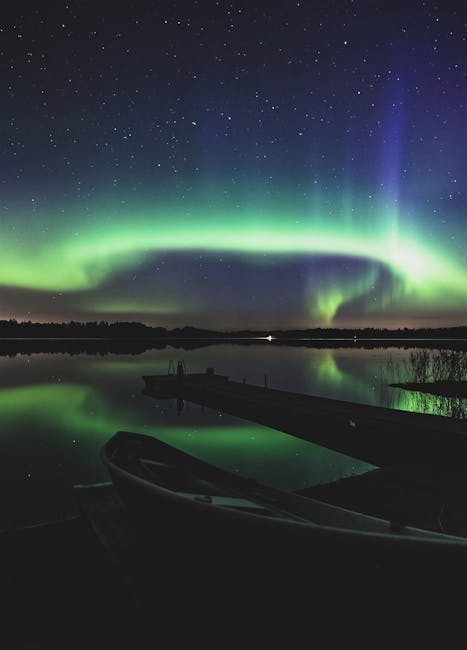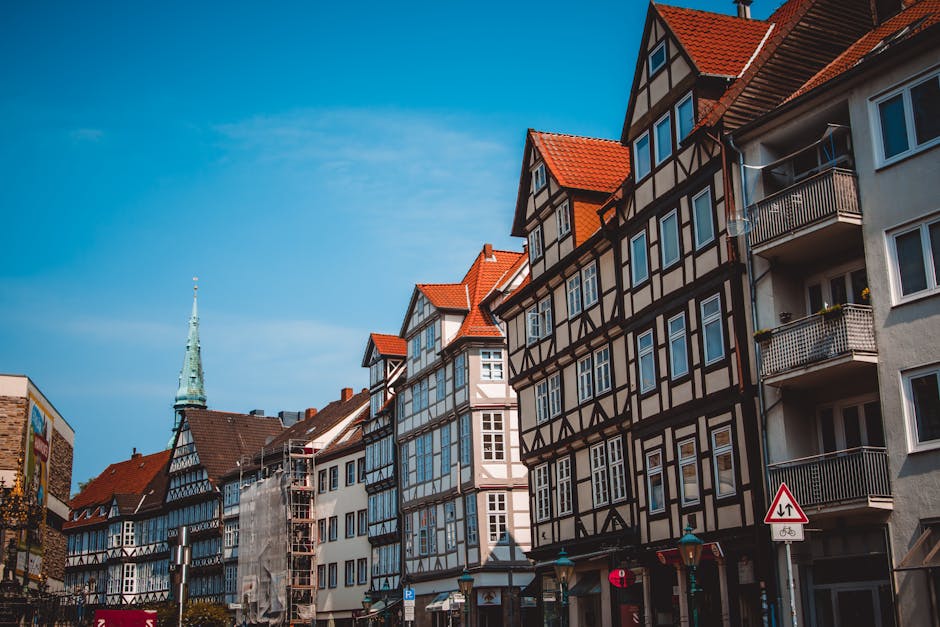Sweden
Overview
Sweden Overview
Sweden, located in the heart of Scandinavia, is a nation that boasts a rich culture, history, and an awe-inspiring natural landscape. Known for its clean, modern cities, Sweden is also home to some of the world's most innovative designs, making it a haven for art and design lovers. From the ancient rune stones and medieval churches to the royal palaces and the awe-inspiring archipelago, every corner of Sweden is drenched in history and tradition. Its unique culture is a blend of old and new, encapsulated in events like midsummer celebrations, where Swedes celebrate the longest day of the year, and the Nobel Prize ceremonies, honoring global achievements.
Tourism Season
The high season for tourism in Sweden is during the summer months, from June to August, when the weather is warm and the days are long. With up to 24 hours of daylight in some parts, it's a time when the whole country comes alive. Outdoor activities such as hiking, biking, and canoeing are popular, utilizing the country's abundant natural beauty. For city dwellers, Stockholm, Gothenburg, and Malmö offer bustling food scenes, music festivals, and cultural events. The summer also sees the opening of the country's many coastal and archipelago resorts, ideal for swimming and boating.
Packing Tips
Before visiting Sweden, travelers should pack according to the season. Summers are warm and pleasant, but rain can be unpredictable, so a waterproof jacket and suitable footwear are recommended. For winter visits, heavy coats, hats, gloves, and scarves are essential. It's also crucial to have travel insurance that covers any outdoor activities you plan to engage in. Sweden is a cashless society, so carrying a credit or debit card is more practical than carrying cash. Lastly, ensure you have a valid passport; although Sweden is part of the Schengen Agreement, it's always wise to check the latest entry requirements.
A Glimpse into the Past
Sweden's history is a rich tapestry woven from ancient traditions, Viking exploits, and modern innovation. The narrative of this Scandinavian nation begins in the prehistoric era, with evidence of human habitation dating back to the Stone Age. The first inhabitants were hunter-gatherers who eventually transitioned to farming around 4000 BCE, marking the dawn of agricultural society in the region.
The Viking Age (circa 793-1066) is perhaps the most storied period in Swedish history. Swedish Vikings were not only fierce warriors but also skilled traders and explorers. They ventured east into Russia, establishing trade routes and settlements, and westward to the British Isles. The town of Birka is one of the most significant Viking sites in Sweden, showcasing a bustling trading hub where goods from across Europe and Asia were exchanged. Today, visitors can explore the well-preserved remnants of this UNESCO World Heritage site.
Transitioning from the Viking Age, Sweden experienced the rise of Christianity in the 11th century, which dramatically transformed its social structure and culture. The country was unified under a single king in the late 12th century, but it wasn't until the 13th century that Sweden began to emerge as a significant power in the Baltic region. The establishment of the Kalmar Union in 1397 united Sweden, Denmark, and Norway under a single monarch, although this alliance was fraught with tension and ultimately dissolved in the early 16th century.
The 16th century heralded the era of the Gustav Vasa, who is often credited with founding modern Sweden. After leading a successful rebellion against Danish rule, he became king in 1523, initiating the Protestant Reformation in Sweden which severed ties with the Catholic Church. Under his leadership, the nation's economy flourished, and Sweden began to expand its influence through military conquests and territorial acquisitions.
The 17th century marked the height of Swedish power, known as the Swedish Empire. The nation engaged in numerous wars, such as the Thirty Years' War, which allowed it to gain territories across the Baltic region, including parts of Finland, Estonia, Latvia, and northern Germany. The city of Stockholm, the capital since the 16th century, became a vital center of trade and culture, and it remains an architectural gem with its stunning medieval buildings and modern design.
However, the empire's expansion came at a cost. The Great Northern War (1700-1721) led to significant territorial losses and marked the decline of Sweden as a major European power. The peace treaties that followed resulted in Sweden relinquishing its hold on most of its Baltic territories. Nevertheless, the 18th century saw a cultural resurgence known as the Swedish Enlightenment, characterized by advancements in literature, science, and philosophy. Notable figures like the botanist Carl Linnaeus and the philosopher emerged during this time.
The 19th century was a period of significant change for Sweden, including industrialization and social reform. The nation adopted a policy of neutrality during conflicts, allowing it to avoid the devastation of the two World Wars. This neutrality, coupled with economic growth, laid the groundwork for Sweden’s modern welfare state. The Social Democratic Party, which came to power in the 1930s, played a pivotal role in establishing comprehensive social policies that ensure high living standards and equality.
In the post-war era, Sweden emerged as a global leader in promoting peace and diplomacy. Its commitment to humanitarian efforts and international cooperation is exemplified by its hosting of the Nobel Peace Prize ceremony in Stockholm. Sweden's emphasis on innovation and sustainability has also made it a pioneer in environmental technology and practices, leading the way in renewable energy initiatives.
Today, Sweden is celebrated for its high quality of life, progressive values, and stunning natural landscapes. The capital, Stockholm, is often referred to as the "Venice of the North" due to its unique archipelago of islands connected by bridges. The city is a vibrant blend of historical sites like the Royal Palace and contemporary architecture, including the modern Ericsson Globe.
Another notable destination is Göteborg, Sweden's second-largest city, known for its picturesque canals, lush parks, and thriving arts scene. The Liseberg Amusement Park is a highlight for families, while the Universeum science center provides interactive experiences for all ages.
In the north, the stunning landscapes of Lapland offer opportunities for outdoor adventures, including skiing, hiking, and experiencing the magical Northern Lights. The indigenous Sámi culture can be explored in this region, providing insight into traditional lifestyles, crafts, and reindeer herding.
Sweden’s commitment to sustainability is evident in its cities, where green technology and eco-friendly practices are integrated into daily life. The city of Uppsala is not only home to one of the oldest universities in Europe but also features beautiful botanical gardens and historical buildings that reflect centuries of scholarly achievement.
For those interested in heritage and history, the Vasa Museum in Stockholm houses the 17th-century warship Vasa, which sank on its maiden voyage and was salvaged in the 20th century. This extraordinary vessel provides a fascinating glimpse into Sweden's maritime history and craftsmanship.
Sweden's cultural heritage is also celebrated through its festivals, such as Midsummer, a time-honored celebration of the summer solstice marked by dancing, singing, and the decoration of maypoles. The Lucia Festival in December is another cherished tradition, symbolizing the light in the dark winter months, featuring processions of singers in white robes.
In conclusion, Sweden's history is a remarkable journey from its prehistoric roots through Viking adventures, the establishment of a powerful empire, and its transformation into a modern welfare state. This blend of history, culture, and natural beauty makes Sweden a captivating destination for travelers seeking to explore a nation that has skillfully balanced its rich heritage with contemporary values.
Top cities for tourists in Sweden
Discover the Famous Cities That Might Captivate Your Interests
Must-Try Foods You Can't Afford to Miss
Indulge in a Variety of Fantastic Foods During Your Stay in Sweden
May Be Your Next Destinations
People often choose these countries as their next destination


